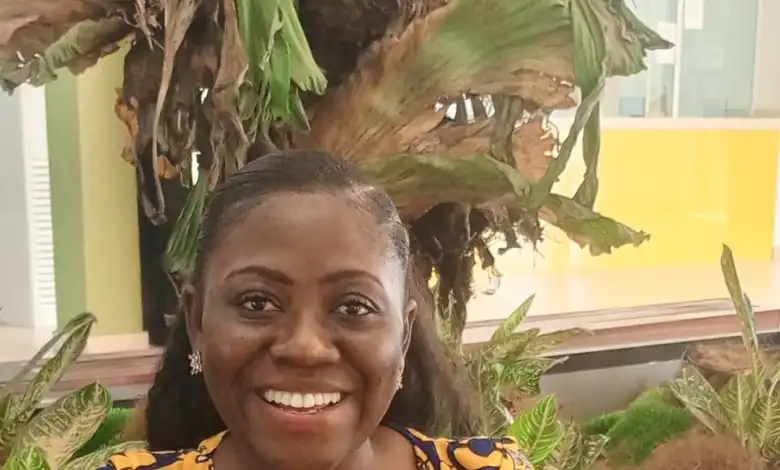Let’s value our mother tongue a tool for national development — Clare Asantewa Afari
The significance of languages extends far beyond mere communication, encompassing aspects of identity, social integration, education, and development. Languages play a strategic role in the lives of people, emphasizing the need to effectively utilize our mother tongue.
Clare Asantewa Afari, the Cultural Officer at the National Commission on Culture, shared this insight on the Adekyee Mu Nsem morning show on Ahotor 92.3 FM, hosted by Citizen Kofi Owusu in Accra.
Afari expressed concern about the increasing threat to languages due to globalization processes, emphasizing that when languages fade, the world loses a rich tapestry of cultural diversity. Opportunities, traditions, memory, unique modes of thinking, and expression—all vital resources for a better future—are also lost.
International Mother Language Day, initially proclaimed by UNESCO and later adopted by the UN General Assembly, underscores the role of languages in promoting inclusion and achieving Sustainable Development Goals.
Afari reiterated the importance of multilingual education policies, highlighted in the 2024 theme “Multilingual education – a pillar of learning and intergenerational learning,” for inclusive education and the preservation of indigenous languages.
Beginning education in the learner’s mother tongue and gradually introducing other languages helps bridge barriers between home and school, facilitating effective learning. Afari emphasized the growing awareness that languages play a vital role in development, ensuring cultural diversity, intercultural dialogue, cooperation, and attaining quality education for all.
Moreover, languages are crucial in building inclusive knowledge societies, preserving cultural heritage, and mobilizing political will for applying the benefits of science and technology to sustainable development.
Multilingual education not only promotes inclusive societies but also preserves non-dominant, minority, and indigenous languages. It serves as a cornerstone for achieving equitable access to education and lifelong learning opportunities for all individuals.
Multilingual and multicultural societies thrive through the preservation of their languages, acting as conduits for traditional knowledge and cultural heritage. Despite this, global reports indicate increasing threats to linguistic diversity, with 40% of the global population lacking access to education in their native language, exceeding 90% in certain regions.
International Mother Language Day is observed annually in Ghana to promote linguistic and cultural diversity.
In another development, research underscores the benefits of using learners’ native languages in education, fostering better learning outcomes, self-esteem, and critical thinking skills. This approach also supports intergenerational learning and cultural preservation.
For further inquiries, please contact AYM Kukah via email at kukahalexander7@gmail.com or phone at 0537654427.




